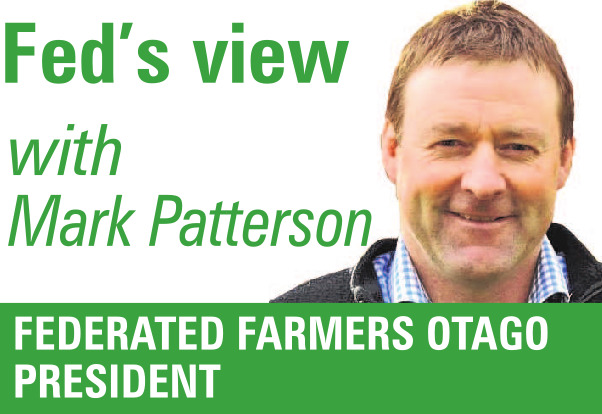
Sadly, we are in a minority as voter turnout has trended alarmingly downwards over recent election cycles.
In my view this is the most important local body election period in recent history.
Central government seems to have launched a full frontal attack with proposal after proposal seemingly aimed at stripping both district and regional council autonomy limb by limb and that’s even before the actual review of local government is tabled.
District councils have found themselves navigating through the Three Waters debacle that was not by their own design finding themselves the meat in the sandwich between angry ratepayers and an aloof central government seemingly happy to see them take the political heat.
While Three Waters has been a high-profile issue it is at the regional council level that we as voters must not take our eye off the ball. The council we vote in will be tasked with shepherding in the new regional policy statement and the land and water plan that flows from that, incorporating a plethora of new regulations and updated environmental bottom lines.
Here again we have had essentially standover tactics from central government insisting on incredibly tight timelines to work through what are highly technical issues with potentially massive implications for farming activities.
At times the Otago Regional Council has appeared dysfunctional with political dramas and spats with management playing out in full public view, resignations and grandstanding.
At least some of this is a direct result of refusing to bow to central government pressure including threats of dismissing the councillors and appointing commissioners.
They may very well have been dysfunctional but it should always be up us in Otago to make that judgement at the ballot box.
Issues such as the setting of minimum flows for the Manuherikia and how the Taieri scroll plain are best managed should always have a local insight. Otago, as much as any region in New Zealand, has a huge variety of local ecosystems that can’t easily be captured by broad Wellington dictate.
Finally, and importantly, an acknowledgement to all those who have put their name forward for election — even those I will vehemently disagree with. It’s not for the faint-hearted, putting your name up for public judgement and willing to step into these very challenging roles. You are playing your part for democracy. It’s up to us as voters to play ours.














